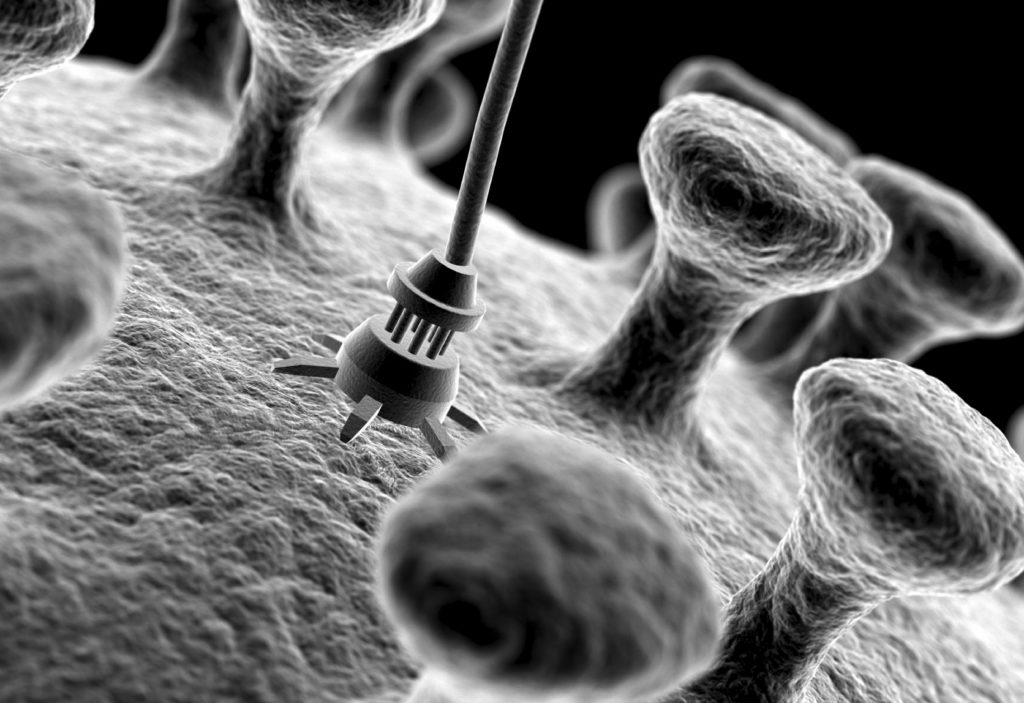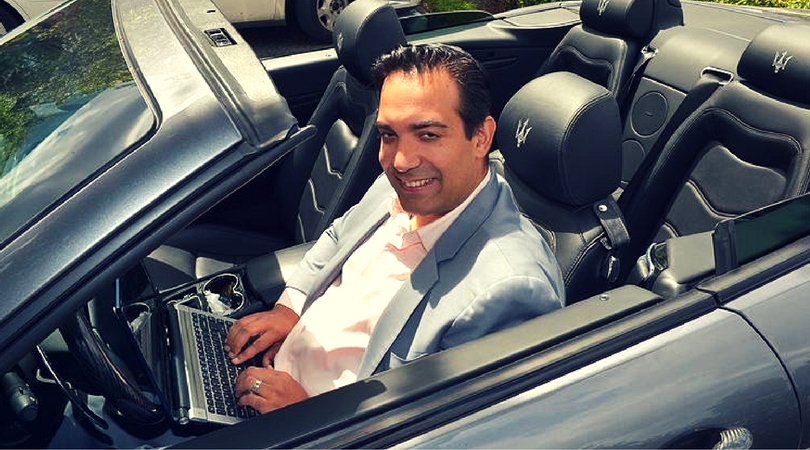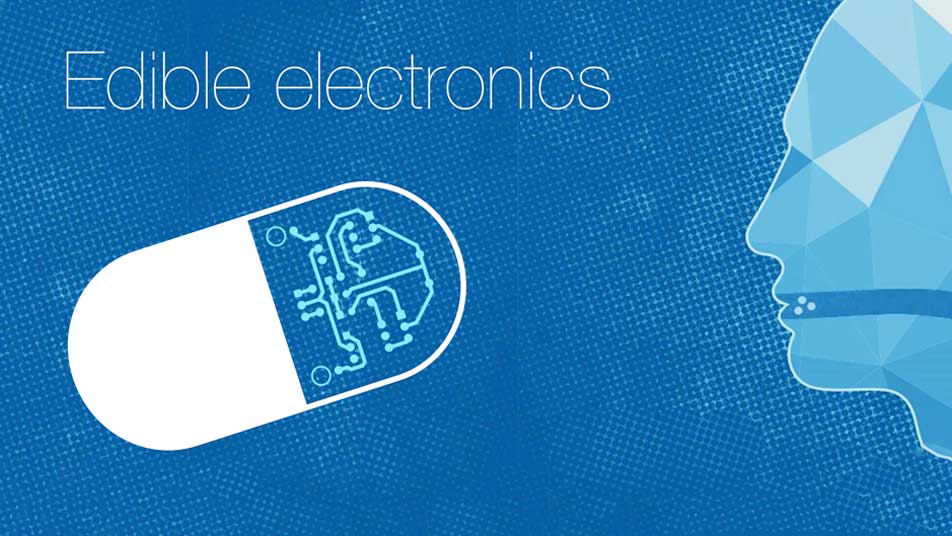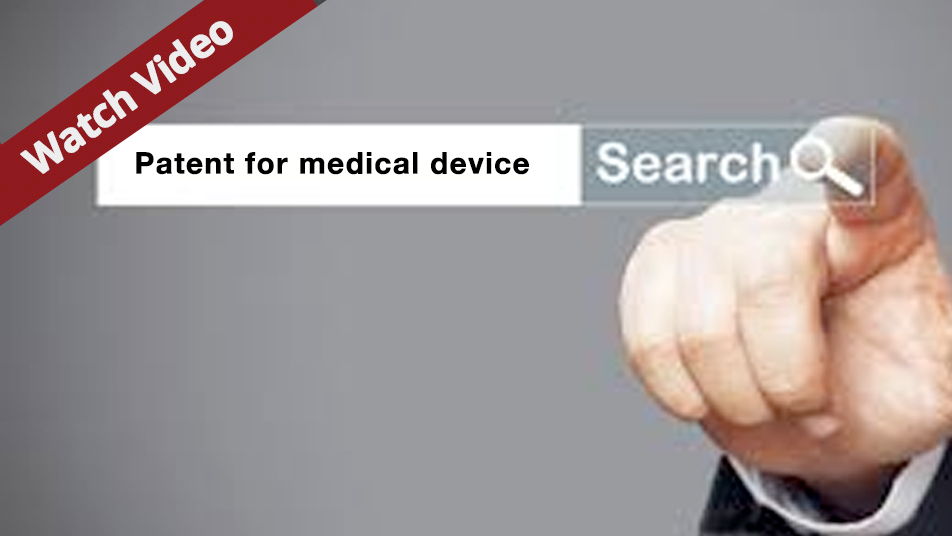 Opportunities exist for smaller entrepreneurs and inventors to partner with larger companies in the development of medical devices that incorporate nanotechnology, said a recent Frost & Sullivan report. Specifically, inventors should focus on high-growth medical device sectors such as wearables, point-of-care diagnostics, advanced wound care, and drug delivery systems, targeting conditions oth... Read More
Opportunities exist for smaller entrepreneurs and inventors to partner with larger companies in the development of medical devices that incorporate nanotechnology, said a recent Frost & Sullivan report. Specifically, inventors should focus on high-growth medical device sectors such as wearables, point-of-care diagnostics, advanced wound care, and drug delivery systems, targeting conditions oth... Read MoreArchive for 2016
Why Inventors Should Focus on Nano-Tech in the Medical Device Sector
 Opportunities exist for smaller entrepreneurs and inventors to partner with larger companies in the development of medical devices that incorporate nanotechnology, said a recent Frost & Sullivan report. Specifically, inventors should focus on high-growth medical device sectors such as wearables, point-of-care diagnostics, advanced wound care, and drug delivery systems, targeting conditions oth... Read More
Opportunities exist for smaller entrepreneurs and inventors to partner with larger companies in the development of medical devices that incorporate nanotechnology, said a recent Frost & Sullivan report. Specifically, inventors should focus on high-growth medical device sectors such as wearables, point-of-care diagnostics, advanced wound care, and drug delivery systems, targeting conditions oth... Read MoreDoes “Leapfrog” Innovation Exist In The Medical Device Sector?
 NO, concludes a recent report by Qmed, adding that it’s increasingly defined by incremental improvements from medical device companies hampered by financial constraints as hospitals downsize operations and request device discounts. “In the past, it was commonplace for device makers to charge substantially more money for new products that only had minor improvements over the previous-genera... Read More
NO, concludes a recent report by Qmed, adding that it’s increasingly defined by incremental improvements from medical device companies hampered by financial constraints as hospitals downsize operations and request device discounts. “In the past, it was commonplace for device makers to charge substantially more money for new products that only had minor improvements over the previous-genera... Read MoreA Medical College Dropout Strikes It Big With His Invention
 One of my early clients recently sold his medical venture for over $100 million to Meditronic, completing a remarkable journey from college dropout to millionaire entrepreneur. You can read about Alex Gomez and his early device called D-HELP which revolutionized the world of laparoscopic surgery on The Patent Professor blog. When everyone doubted Alex, he held fast and showed a remarkable tenacity... Read More
One of my early clients recently sold his medical venture for over $100 million to Meditronic, completing a remarkable journey from college dropout to millionaire entrepreneur. You can read about Alex Gomez and his early device called D-HELP which revolutionized the world of laparoscopic surgery on The Patent Professor blog. When everyone doubted Alex, he held fast and showed a remarkable tenacity... Read MoreA Breakthrough in Non-Toxic Edible Batteries
 “We can now use melanin pigments as components for ingestible batteries,” said Christopher Bettinger, an associate professor of materials science at Carnegie Mellon University recently. This allows medical scientists to move beyond similar toxic lithium versions (that have been around for ages) that powered, for example, small devices that take pictures as it moves through the gastrointestinal... Read More
“We can now use melanin pigments as components for ingestible batteries,” said Christopher Bettinger, an associate professor of materials science at Carnegie Mellon University recently. This allows medical scientists to move beyond similar toxic lithium versions (that have been around for ages) that powered, for example, small devices that take pictures as it moves through the gastrointestinal... Read MoreD.I.Y Patent Searches: Red Flags to Consider
 Yes, but there are problems with this approach. Did you know that the U.S.P.T.O is approaching close to 10 million granted patents, a fact escaping many newbie inventors who conduct patent searches themselves. While tempting, this approach is doomed to failure, often because inventors will attempt narrow keyword searches in the U.S.P.T.O database to establish whether their invention is unique and ... Read More
Yes, but there are problems with this approach. Did you know that the U.S.P.T.O is approaching close to 10 million granted patents, a fact escaping many newbie inventors who conduct patent searches themselves. While tempting, this approach is doomed to failure, often because inventors will attempt narrow keyword searches in the U.S.P.T.O database to establish whether their invention is unique and ... Read More